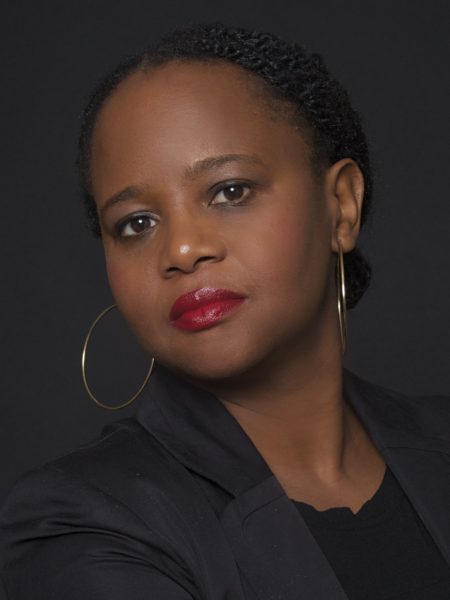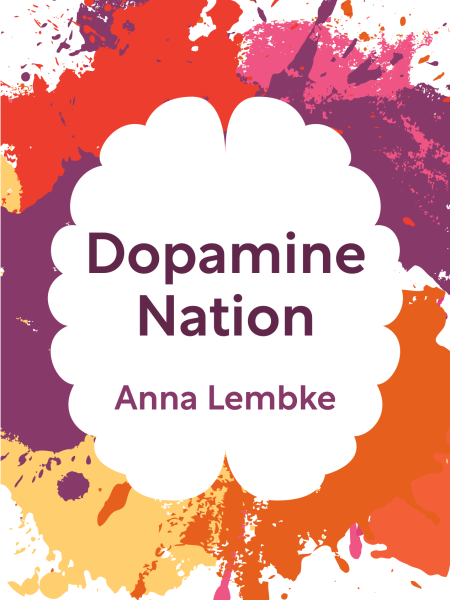The Memory House – A Review

October 10, 2022
Raki Kopernik’s The Memory House weaves together three generations of stories of war-stricken Israel, growing up in a socialist compound, and finding the ability to be content in an unfamiliar and changing country. An experimental memoir told in short vignettes, with a very poetic style, this is a book that serves a sweeping multi-generational story and subtle facts in an accessible bite-sized fashion. The Memory House is a reminder of our grandparent’s stories from their youth.
The story begins with a wide-angle lens look at a general landscape which acts as the prologue to the story. The lens zooms in on Kopernik’s mother and follows her through adolescence and adulthood. Detailing a young child’s life in a socialist community called a kibbutz, eventually training in the army, starting a family, and immigrating to America. It is a subtly harrowing story to read, but I am deeply intrigued by the storytelling. The war occurring during these events did not seem to be at the forefront of the mother’s stories. The quote, “magical times interweave seamlessly with the challenges we want to forget.” is a fantastic line to summarize The Memory House. Despite the challenging situations surrounding these tales, the stories passed down from Kopernik’s mother remain primarily positive.
The Memory House briefly delves into stories of Kopernik’s father’s life; as well as the memories she has of summers in Israel with her grandmother and grandfather. However, the mother-daughter memory connection appears be the most prominent in the narrative. “Our memories tangle together in a single memory house.”
Food is a significant theme in The Memory House. In an interview with Assay, Kopernik mentions food as being something that defines culture, circumstances, and relationships. This statement is relevant to The Memory House. I appreciate the delicious yet simple descriptions of cucumber tomato salad and melty chocolate. Tasty food and candy was a commodity in the mother’s youth, so there are gleeful emotions and excitement that radiates off the page at the mention of chocolate and other indulgences; “Candy was wealth.”
I believe the overarching theme of The Memory House is family and the act of acknowledging and embracing one’s roots. Kopernik seamlessly ends the book with the repetition of her first sentences. “We are not made of angles,” … “We are made of woven memory circles.” The purpose is not to expose the lives of Israelis or lament political or social beliefs. Instead, the purpose is to share the comforting and humbling stories Kopernik is gifted with that follow her and continue to shape her life.







Tish Stickley • Oct 10, 2022 at 12:49 PM
Very well written review Sierra! You explained the book so beautifully.